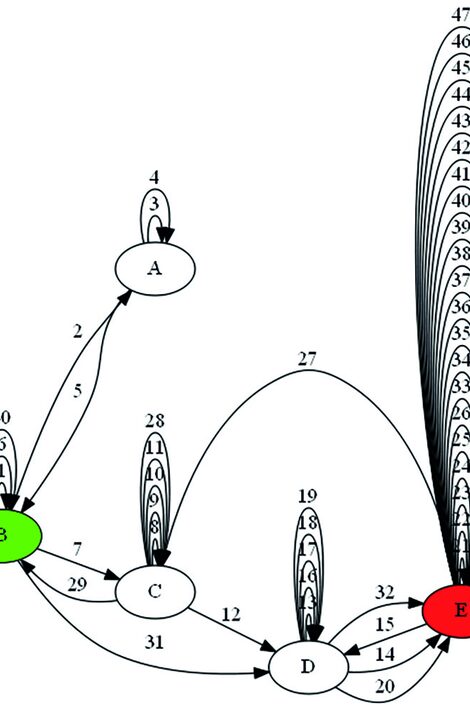
Knowledge in the STEM disciplines is becoming increasingly critical to use, understand and create technologies in the current emerging society. Understanding technology, its importance as well as drawbacks is essential for participation in an emerging society. Adapting children's education should be a key goal to prepare them for an unpredictable future. Learning and teaching coding, as a domain of STEM disciplines, is considered difficult and poses major obstacles for both teachers and learners. For the most part, introductory programming courses are not as effective and successful as they could be. One result of extensive research in computer science education is that students do not learn to program at all in introductory courses.
Therefore, supporting learners is an essential part of introductory programming courses in order to
help them overcome the technical and semantic problems they face. Modified programming languages, customized instructions and intelligent tutoring systems (ITS) are possible measures to positively influence the outcome of programming courses. Eye tracking as a technology is suitable for analyzing the comprehension process when reading source code and is a technological basis for the interactive support of learners.

Many research projects focus on the differences between novices and experts in terms of their eye movement strategies and patterns. To date, specialized methods for analyzing and visualizing eye movement patterns, e.g. with the aim of identifying useful data for a support system, are lacking. To advance knowledge in the scientific community of source code comprehension, this work therefore focuses on the development and testing of specialized visualization and analysis methods as well as suitable tools. The research approaches and ideas necessary for this step are used in three case studies to test new visualizations, analysis methods, models and learning hints. The results of these case studies serve as contributions to the source code comprehension research community and to the vision of a dynamic support system for learning to program. The contributions of this thesis are primarily aimed at better recognizing strategies for understanding source code and identifying methods and tools that support this recognition.
Fabian Deitelhoff's dissertation was written as part of the DFG Research Training Group "User Centered Social Media" in cooperation with the University of Duisburg-Essen. Fabian Deitelhoff was supervised by Andrea Kienle and defended his thesis on December 11, 2020.
Appraiser
- Prof. Dr. Andrea Kienle, (IDiAL, Fachhochschule Dortmund)
- Prof. Dr. Ulrich Hoppe, (Faculty of Computer Science and Applied Cognitive Sciences, University of Duisburg-Essen)
- Prof. Dr. Jürgen Ziegler, (Faculty of Computer Science and Applied Cognitive Sciences, University of Duisburg-Essen)
